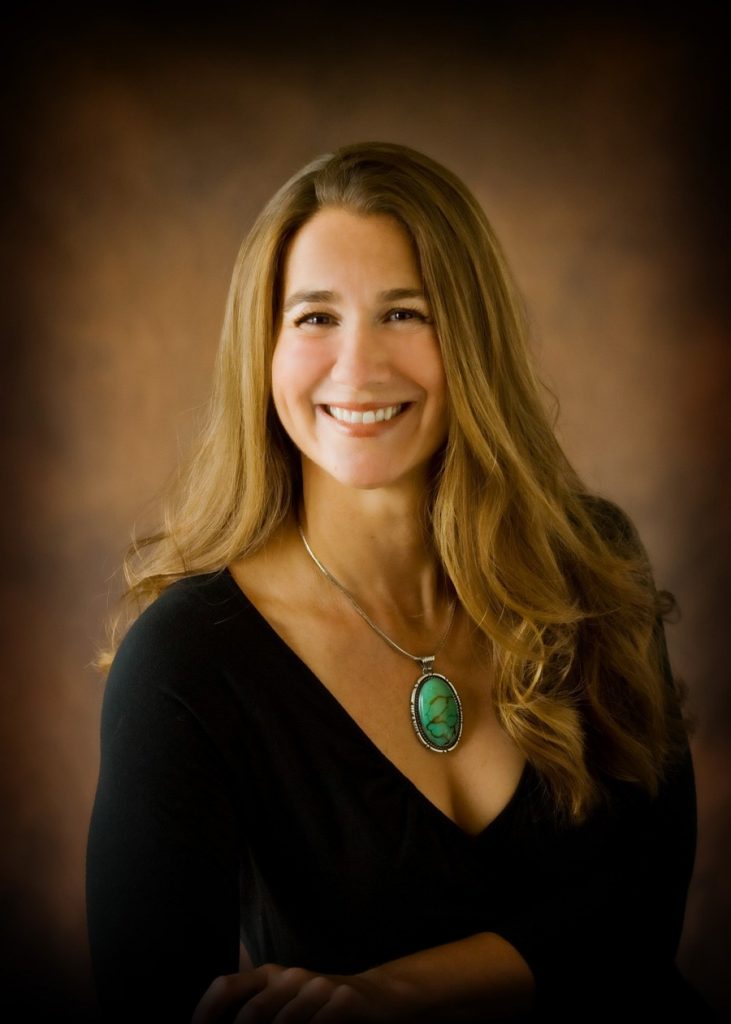Danielle Pendergrass recieves leadership award

This archived article was written by:
Women, the elderly and some of Utah’s most vulnerable populations in need of specialty care from nurse practitioners will now be able to receive those services thanks, in part, to a faculty member from Utah State University Eastern.
For her role in helping to change Medicaid policy in Utah, Danielle Howa Pendergrass was recently awarded the 2013 Utah Nurse Practitioners State Award for Excellence in Leadership.
The real prize, though, goes to those on the receiving end of additional medical care as a result of the policy change that Pendergrass helped to navigate through committees. Patients now have access to nurse practitioners (NPs) with specialties in adult and acute care, geriatrics, neonatal, psychiatric/mental health and women’s health.
The policy change tears down a Medicaid payment wall of the past 17 years in Utah that previously only recognized pediatric and family nurse practitioners, certified nurse midwives and certified registered nurse anesthetists.
Now nurse practitioners are part of this vital mix that ultimately means more access to comprehensive health care for Utah’s susceptible citizens and the ability for NPs to practice to the full extent of their education and training, Pendergrass said.
“It’s always a great feeling to be recognized for the time and effort that was put into changing this policy and fundamentally changing how all nurse practitioners are reimbursed in the state of Utah,” she said. “This policy change is not only good for all NPs, but for the patients who now have access to high quality, patient-centered nursing care.”
Pendergrass, who this month is receiving a doctorate in Nursing Practice from the University of Utah, is a strong advocate of the state’s 1,039 nursing practitioners and firmly believes that their occupation not only entails caring for the sick but also for ailing policies thwarting the profession. Yes, the business side of being a NP is also important and should not be neglected, she said.
It is an argument she makes in her manuscript submitted to the Journal of Policy, Politics and Nursing Practice that espouses the notion of nurse practitioners as policy entrepreneurs. As Pendergrass demonstrates, dogged behind-the-scenes work can pay off in the form of greater reach in the caring of vulnerable populations.
It is a big deal, not only in Utah but also the nation with the national NP workforce expected to grow 130 percent between 2008 and 2025. In Utah, the number of practicing NPs has increased a whopping 93 percent since 2003, she said.
To become a NP, the minimum requirement is a master’s degree in nursing. By 2015, entry level practitioners will be required to hold a doctorate in nursing.
NPs can diagnose and treat many medical conditions. They write prescriptions and order tests, such as lab work and CT scans.
They use the nursing model that provides a holistic approach to providing care to their patients, she said.
Pendergrass, born and raised in Carbon County, is a 1997 graduate of the nursing program at the College of Eastern Utah (now USU Eastern).
She went on to earn a bachelor’s degree in Nursing from Weber State University and a master’s degree in Nursing, Women’s Health Nurse Practitioner from U of U.
She currently teaches the maternal child classes for both licensed practical nursing (LPN) and registered nursing (RN) students at USU Eastern.
She also owns and operates the independent nursing practice, “Eastern Utah Women’s Health,” where USU nursing students are given the opportunity to apply their knowledge through clinical rotations.
Pendergrass’ influence in eastern Utah is far-reaching having partnered with many community organizations to provide care for women living in Carbon, Emery and Grand counties.
“She is a perfect example of the possibilities rural students are capable of.” said Nikkie King, USU Eastern director of nursing.
“USU’s nursing program on the Price campus is exceptionally fortunate to have someone with Danielle’s expertise willing to share some of her knowledge,” King said.
“Our students have a great advantage being able to work and learn from Danielle. Her desire to continue to contribute, not only to nursing but to nursing education, is exceptional.”




